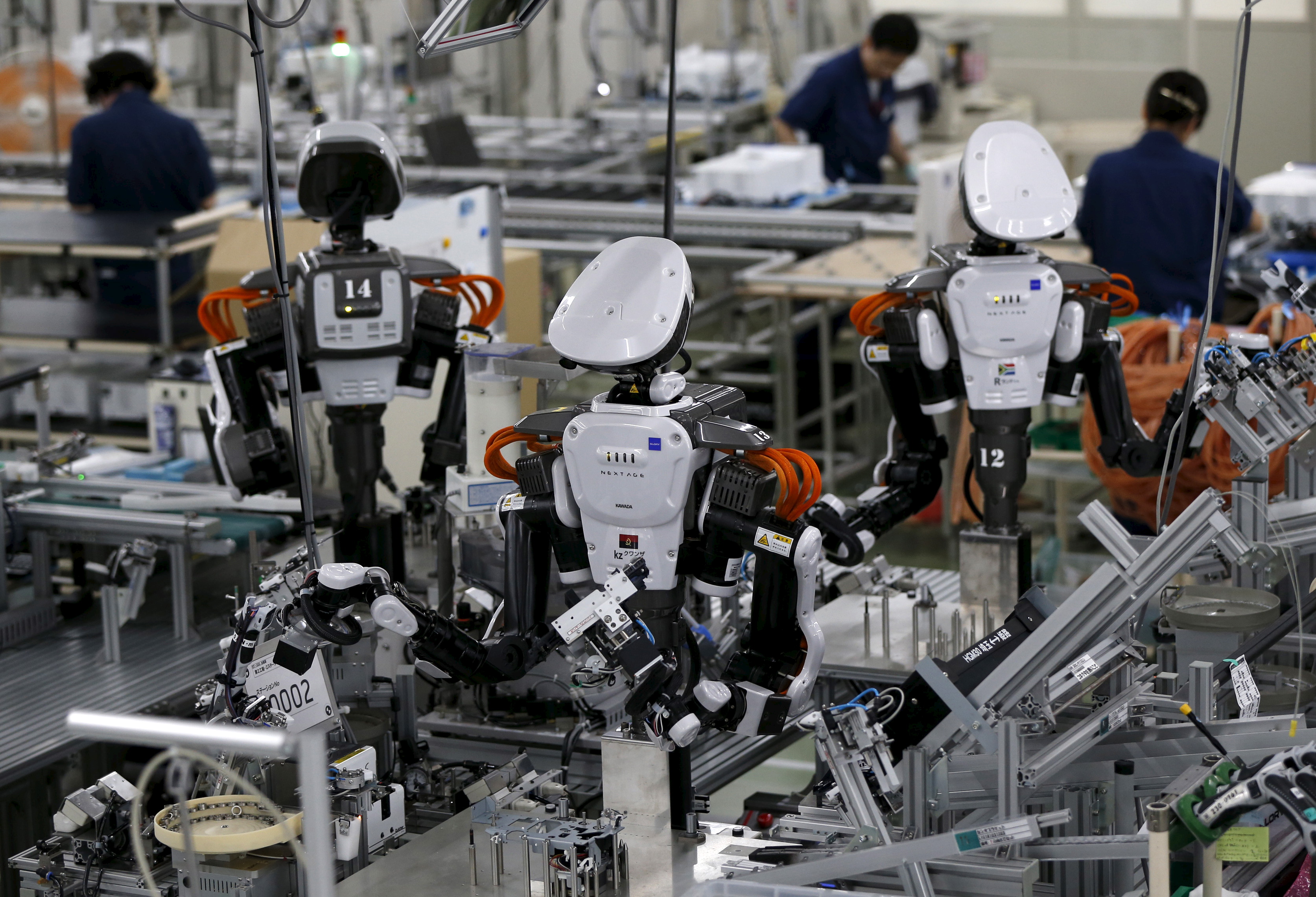BY LIAM PROUD
U.S. President Donald Trump has a knack for claiming credit for others’ achievements. In 2019, his use of trade tariffs to boost domestic manufacturing will look like it’s working. But technologies such as factory automation are going to be the real reason global companies will manufacture more products locally.
Trump’s tariffs on China and other trade partners like Europe are a headache for companies that ship goods between the world’s three major economic blocs. Manufacturers like carmakers and pharmaceutical groups built low-cost, cross-border supply chains in the 1990s and 2000s, during which time worldwide trade doubled as a share of global economic output. BMW and Daimler import more than half the vehicles they sell in America, but also export more than half the vehicles produced at their U.S. plants, according to Moody’s.
That’s changing. BMW, for example, is mulling making more SUVs in China rather than incurring levies by shipping them halfway across the world from its South Carolina plant. And medical supplier Philips said in October it was “rearranging” its supply chain to make more American and Chinese products locally to avoid higher U.S. and Chinese tariffs.
But trade wars are only the latest force braking global trade growth. Having peaked at almost one-third of world GDP in 2008, trade flows shrank to just over one-quarter of output in 2016, according to McKinsey. And while the volume of global trade in goods grew at more than twice the pace of real GDP between 1990 and 2010, both grew at roughly the same average rate between 2012 and 2017, World Trade Organization data shows.
The aftermath of the global financial crisis bears a chunk of the responsibility. But a more structural change is that the benefit of making goods in distant countries with low wages is falling as machines replace people. High-tech plants run by software are easier to re-tool to make different products according to demand or geopolitics. Meanwhile consumer goods companies like Inditex , the owner of “fast-fashion” brand Zara, can quickly boost supplies of popular designs by producing them close to customers. That trend should spread beyond retail as 3-D printing techniques allow manufacturers to build complex, customised products more quickly.
Companies will produce goods closer to customers in 2019. Given the trend has as much to do with the switch from humans to machines as trade wars, the workers that Trump claims to be helping may not reap as many benefits as he touts.
